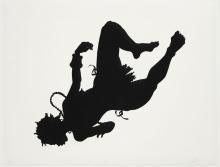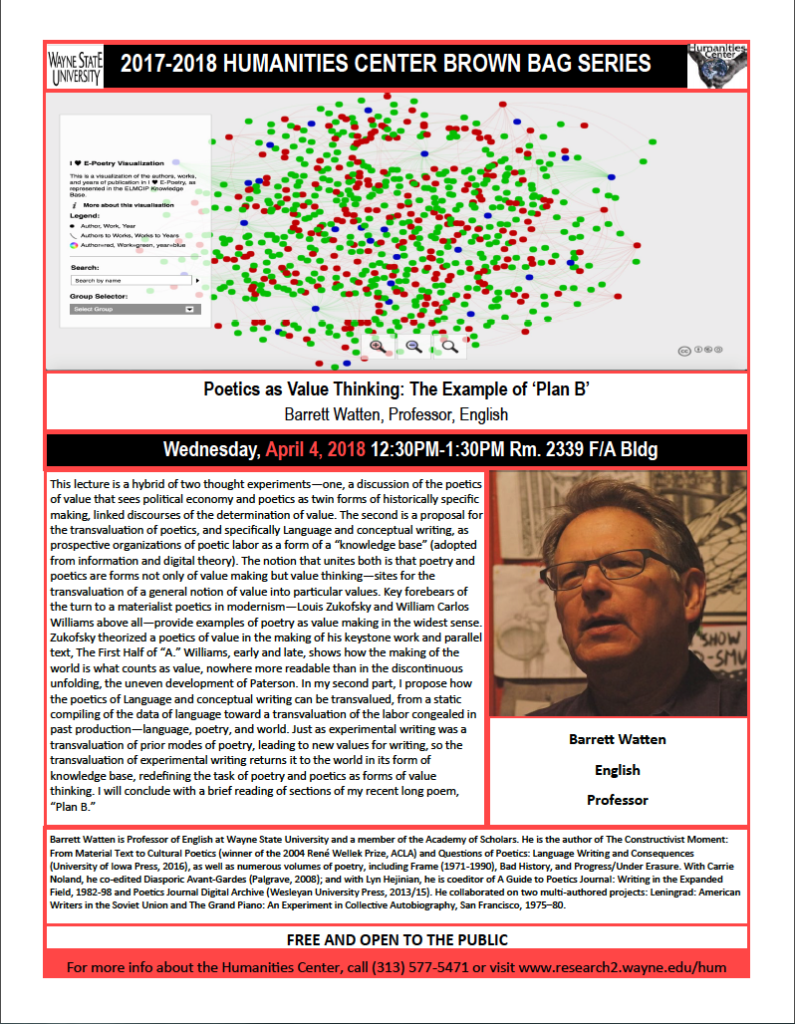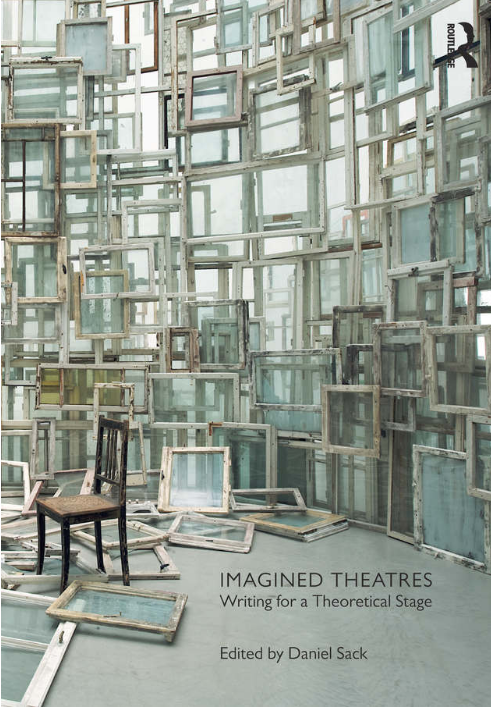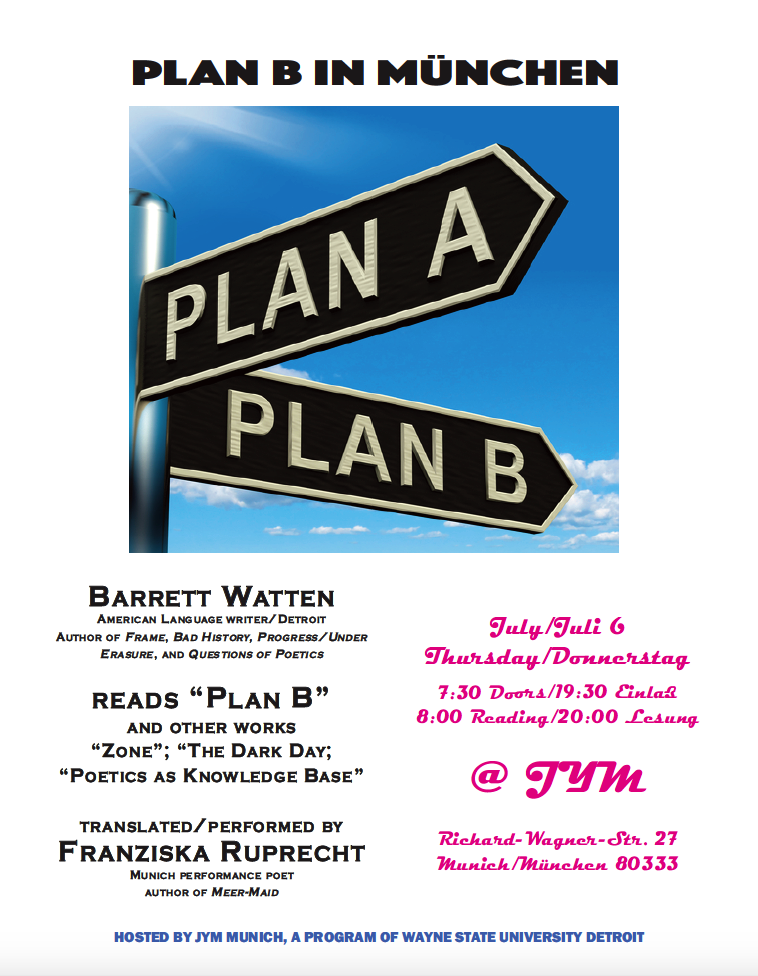
Context is everything. To begin with, there is the question of intent in the circulation of racialized images, and the way racism may be ascribed to them. To display racialized imagery in America is to open a Pandora’s Box of every conceivable projection and denial. This is not to separate intention from context, but to find ways of reading it that are contextual and historical. Pandora’s Box is an apt metaphor for the racial content of Kara Walker’s work. There was an incident, about a dozen years ago, when her work was to be first shown at the then-quite-stodgy Detroit Institute of Arts. Think of the recent film Get Out as another of Pandora’s Box—the basement and its horror of substitute body parts. Kara Walker was new to Detroit, and the DIA was still a bastion of cultural separatism in the city. In the film, black bodies are used as vehicles for whiteness that has run out its biological course and needs new life. Off hours, a black janitor encountered the work during installation and complained; the show was cancelled. A state of mind called “the sunken place” is introduced in the film as the horror of racial subjectivity. This is the kind of textbook case that organizations such as the National Coalition Against Censorship deal with all the time, from Huckleberry Finn to the controversy of Vanessa Place tweeting 140-line texts from Gone with the Wind. On the other hand, the contrast between that moment to the ramp up of Kara Walker’s career in museums could not be more marked. The art world itself is represented in the form of a blind gallery owner lusting for authentic talent. … More















